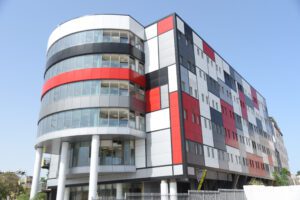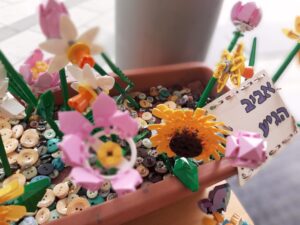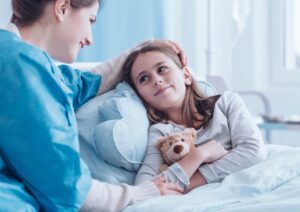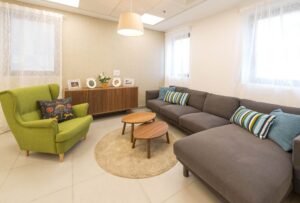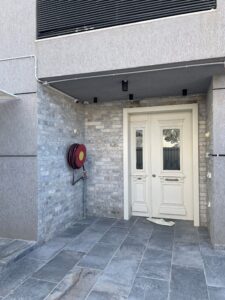Doctor, I have a question:
How can we properly mediate the Meron disaster for our children and how are you helping families in the difficult days following the disaster?
Yael Parush, an expert clinical psychologist and Director of Parenting for Toddlers at the Mayanei Hayeshua Mental Health Center, responds:
“We woke up on Friday to news of the disaster. We are experiencing it all the more and are working as a team to provide the community with mental health assistance. As part of my job, I assisted David, who was looking after of his newly orphaned four-year-old nephew, in the wake of the disaster. I told him what to answer and how to explain to the child what had happened.
We are going through the disaster together with the patients but we also have experience working with crises. For this purpose, we opened a hotline from Friday morning. In addition, Professor Strous, director of the Psychiatric Department, provided emergency services and prevented ongoing trauma among individuals who were involved in the disaster. For example, he treated a man who during the event could not move, while a man beneath him stopped breathing, and died. In addition, we were answering the phones and helping people deal with the anxiety, giving legitimacy to all the emotions and explaining that these are normal responses to an abnormal situation. Also, if the applicants are interested, we stay in touch with them and check how they are doing. We invite the public to contact us and to join therapy groups for teenagers. Our group will assist people to process the event and will help them acquire the tools and skills necessary to strengthen their emotional resilience. We have contacted welfare officials from the education frameworks and provided guidance to social workers, rabbis and teachers, on what to explain to children and youth and how to identify children who need more help. We have explained what a post-traumatic reaction is, the difficulty in sleeping, the feeling of solitude, concentration difficulties, incessant reconstruction of the event and more. We have been teaching, through information sheets, how to identify symptoms of regression in children, difficulties regarding separation, behavioral problems and returning to former fears. Anyone whose suffering is too great or is continuing to be intense, we encourage to contact us, and get help.
Handling the event properly for children, is a very important thing. That’s why we created an explicit tutorial as early as Friday morning. Naturally a parent does not want a child to know suffering and disaster, but the event is stronger than the parent. The child may hear details wherever he goes. It is therefore better for the child to hear about it from the parent and not to absorb fragments of rumors from foreign sources. We will talk to the boy and tell him “There was a celebration in Meron. Everyone went there full of joy and but at some stage it became too crowded. When there is extreme density, it is difficult to move and breathe and people started falling on each other. Some were injured and some died. The event ended and it’s not dangerous any more.” We will explain that the best medical teams came to the aid of and are still treating the wounded with devotion, in the various hospitals. Afterwards, we will ask the boy how he is feeling and we will provide legitimacy for every emotion that comes to the surface. It is permissible to feel everything. At the moment, it is important to end on an optimistic note, such as: ‘Let’s make a cake for the injured’, or ‘We’re all in this together’, etc.
Another important point to consider: Many of the people who were part of the disaster feel guilty for not doing enough or that their conduct caused more harm. Guilt is dangerous and can lead to depression. It is important to convey the message that they are not guilty and that they did their best.
Also, in order for the mental healing process to be successful, it is important to stop watching media coverage of the event.”
Behind the gown: Yael is married to Uri and the mother of Michal and Guy – her much loved children, who are aware that their mother is a children’s therapist who looks after other children, even though she loves them the best. She sees her work in the Mayanei Hayeshua Medical Center as a huge honor and is happy to share her knowledge and work with a feeling of togetherness. “I am full of appreciation for people who have the courage to come and seek help” she says.
Telephone Appointments: 03-5771188 | Mayanei Hayeshua Medical Center – “You come first”



